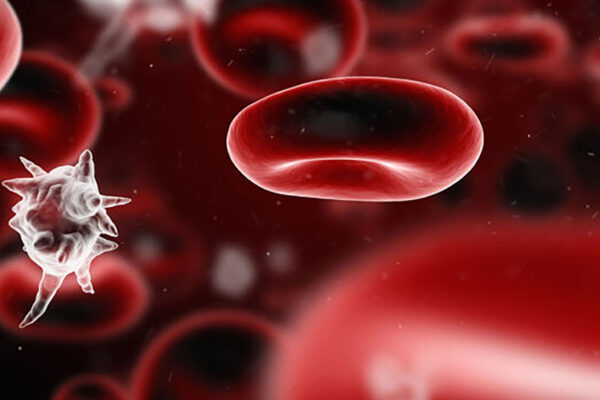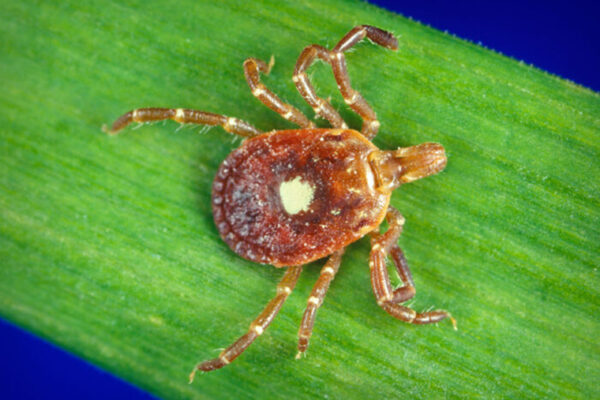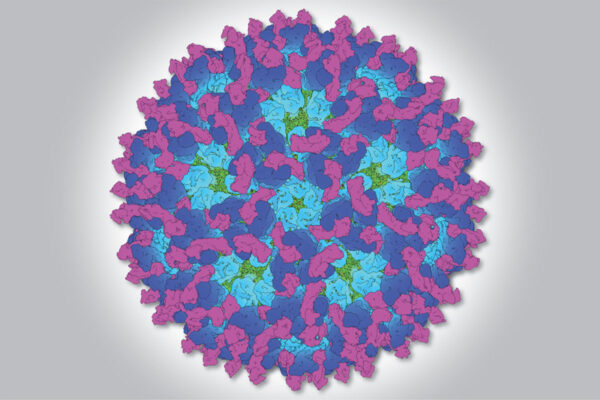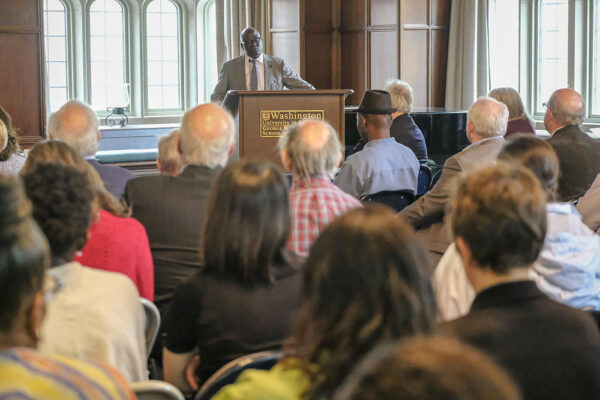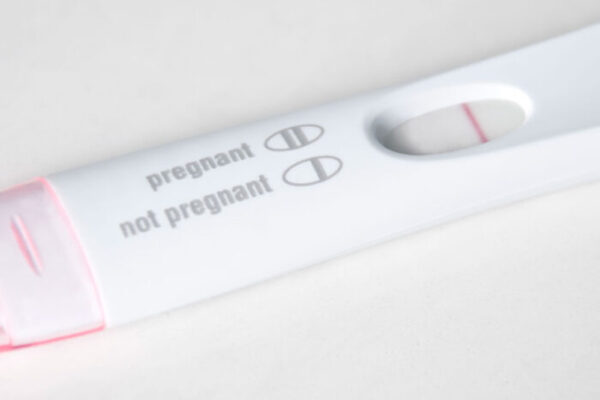Gut makeup could make diarrhea less likely
Researchers at the School of Medicine have found the molecular signature of a healthy gut microbial community – the kind that can keep the intestinal bacteria Clostridium difficile (C. difficile) from overgrowing and causing diarrhea.
Medicare drug plan’s design keeps federal subsidies in check
In a new study involving a researcher from Washington University in St. Louis’ Olin Business School, the co-authors discovered something they say surprised them: Medicare Part D’s setup actually inhibits insurers from seeking higher subsidies from the government. It keeps subsidies in check by virtue of the way it’s designed.
Genes linked to death from sepsis ID’d in mice
Bacteria in the bloodstream can trigger an overwhelming immune response that causes sepsis, a life-threatening condition. Now, researchers at Washington University School of Medicine in St. Louis have found genes that help protect the body’s cells from dying during sepsis, which could lead to new treatments.
Treatment for common cause of diarrhea more promising
School of Medicine researchers have figured out how to grow the intestinal parasite Cryptosporidium in the lab, an achievement that will speed efforts to treat or prevent diarrhea caused by the parasite.
Deadly tick-borne virus cured with experimental flu drug, in mice
Only a few cases of the newly discovered Bourbon virus have been reported, and two of them ended in death, partly because no specific treatments are available for the tick-borne illness. Now, researchers at Washington University School of Medicine in St. Louis have identified an experimental antiviral drug that cures mice infected with the potentially […]
Once thought to be asexual, single-celled parasites caught in the act
The single-celled parasite Leishmania can reproduce sexually, according to a study from the School of Medicine and the National Institutes of Health (NIH). The finding could pave the way towards finding genes that help the parasite cause disease.
What a snapshot image of chikungunya is revealing
School of Medicine researchers have snapped high-resolution pictures of the chikungunya virus latched onto a protein found on the surface of cells in the joints. The findings could accelerate efforts to find new ways to prevent or treat viral arthritis.
‘Lessons learned’ from engaging in Africa
Washington University in St. Louis is committed to engaging with its global partners to help address our biggest challenges together. This spirit of collaboration was evident at the inaugural meeting of the Africa initiative, held April 23 on the Danforth Campus.
Flaw in many home pregnancy tests can return false negative results
Pregnancy tests can sometimes give a false negative result to women several weeks into their pregnancies, according to research by Ann Gronowski, professor of pathology and immunology at the School of Medicine. Her findings led the FDA to change its standards for evaluating new pregnancy tests, but old tests with the false-negative problem are still on the market.
Up to $24 million will help to eliminate two tropical diseases
An international team led by Gary Weil, MD, of the School of Medicine is poised to help eliminate two disabling tropical diseases as public health problems. A large grant from the Bill & Melinda Gates Foundation will fund clinical trials and other studies aimed at preventing new cases of elephantiasis and river blindness.
Older Stories


